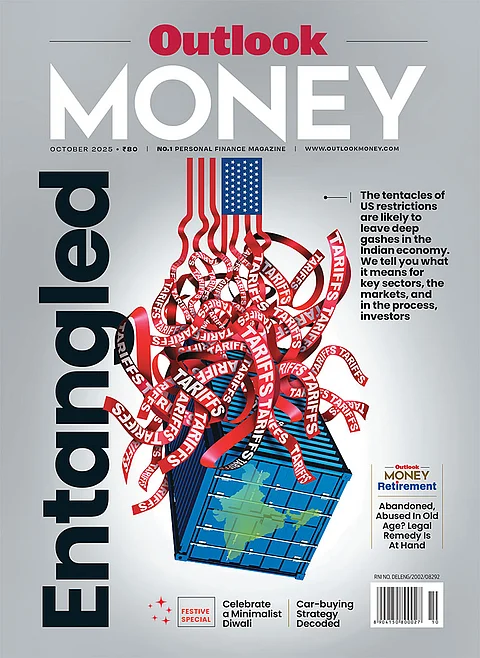Manish Yadav (name changed) was just 26 years old when he died in 2021. He is now survived by his younger brother (22 years), who is doing his CA, his mother, a primary school teacher, and a bedridden father. Manish’s income supported the family in a big way. Thankfully, he had taken a traditional life insurance plan just a year ago. His family received about Rs 20 lakh from the insurance company.
“It bought us some time before I could step up to start earning,” says Manish’s brother.
Emergencies hit in your face unannounced. Surviving an unfortunate event without a major impact on your financial life is real freedom. But how do you do that? Create a freedom fund to take care of financial emergencies.
Emergency Expenses
According to financial experts, making provision for emergency expenses should be the first step to financial freedom. Most of them suggest setting aside at least six months of monthly ‘take home pay’ as an emergency fund.
“More conservative people should go for nine months’ monthly pay,” says Mahesh Mirpuri, a mutual fund distributor registered with the Association of Mutual Funds in India (Amfi).
Keep this money liquid, that is, put it in liquid funds or fixed deposits so that it is available to you the moment you want.
Life Insurance
Next comes life insurance. The Covid-19 crisis made people conscious about life and health insurance.
When it comes to life insurance, calculating how much coverage you need is important. Here comes the concept of human life value (HLV). An insurance advisor can help you calculate your insurance needs based on your financial goals. HLV method tells you the present value of future expenses and liabilities, minus investments. The amount thus calculated, if put in an FD or a debt fund, should be enough to financially secure the lives of your loved ones if you are not around.
There is an income replacement method as well. It takes into account current age, retirement age, income, and expected growth in income every year. How much lump sum amount should you put in an FD whose monthly interest payout will equal your monthly income adjusting for yearly growth in the same? This amount is what you need as an insurance cover.
Health Insurance
For health insurance, one needs to track the average hospitalisation cost around the area one stays. But there is more to health emergency beyond a health cover.
“Sometimes, in emergency wards, the family is told to deposit a lump sum before the formality for insurance can be initiated. While this money could be reimbursed, you still need it at that time. Besides, there are some exclusions which your insurance policy might not cover,” says Mirpuri.
What should you do? Mirpuri suggests creating a health fund.
Home Insurance
Home insurance is not very popular, but it can protect you against an uncertainty that could otherwise cause you great financial loss and distress. “Some of the common benefits in having a home insurance are protection against third-party liability (any third-party hurt or incurs damage/loss due to the incident), security for your home structure (covers for revamping or rebuilding your house in case of damage), coverage for living cost (if you have to be moved to an alternate accommodation), and personal belongings protection (loss/damage to electronics, furniture or other belongings). Some insurers also offer riders, such as loss of rent cover,” says Rakesh Goyal, director, Probus Insurance (also read: Take Cover From Monsoon Mayhem).
Create a freedom fund with a lump sum if you can afford to do so. If not, start periodic savings to create one.







